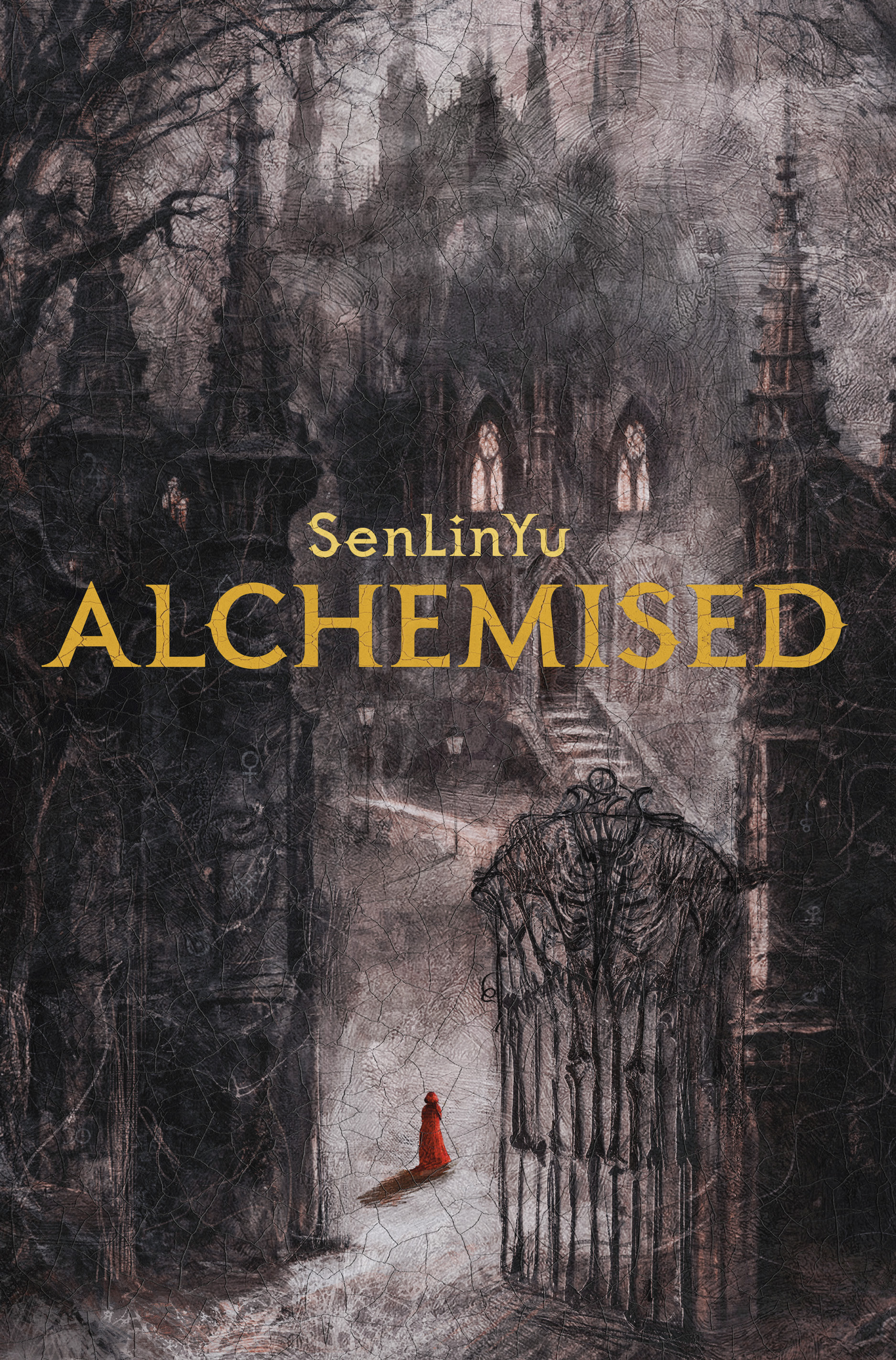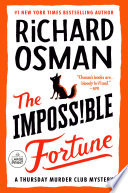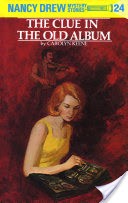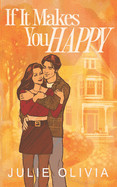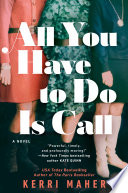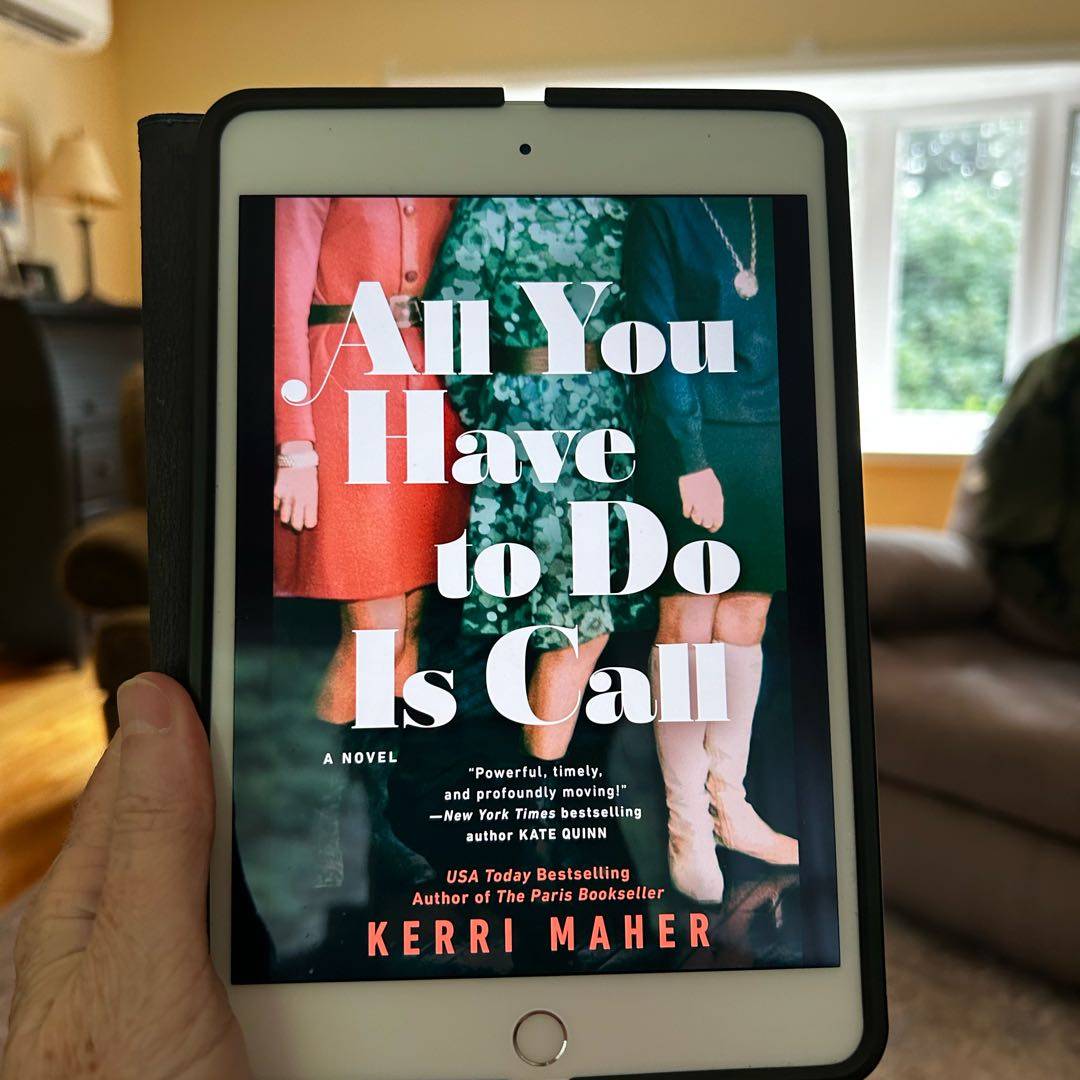
Novel based on the true story of the Jane Collective, a group of women who provided abortions in Chicago in the 1970s before Roe v Wade. The story is interesting but the writing is rather flat —in places it reads more like a women‘s health pamphlet than realistic dialogue. Still a pick because the topic and the history are important—especially now.
44 likes







